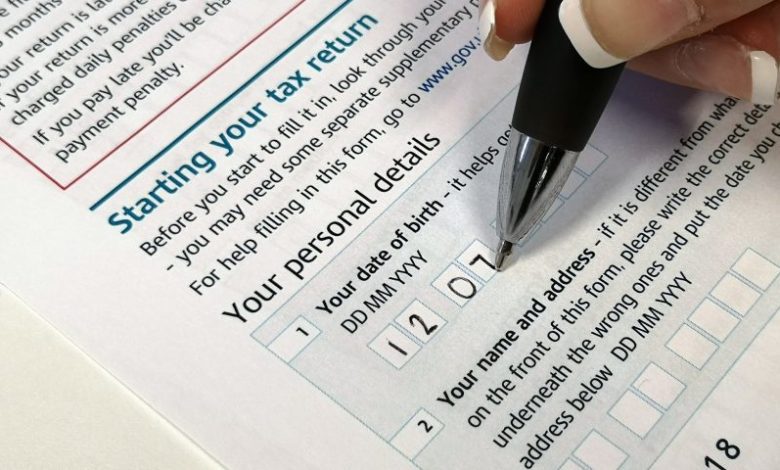
Increased clarity on employment status tests to reflect the reality of modern working is “badly needed” according to a panel of tax judges in the First Tier Tribunal.
The comments were made in a new IR35 ruling on the employment status of Paul Hawksbee, a Talksport radio presenter who provided his services via a personal services company called Kickabout Productions.
The total tax in dispute was £89,758 in PAYE income tax and £53,368 in NIC over a period of three tax years between 2012/13 and 2014/15 – payment of which was dependent on whether the IR35 rules applied.
The IR35 or intermediaries legislation is designed to ensure that individuals who ought to pay income tax and NIC as employees cannot use a corporate structure to reduce their liabilities.
HMRC had argued that the IR35 legislation did apply to the services provided by Kickabout Productions on the basis that the hypothetical contract between Mr Hawksbee and Talksport was akin to a contract of employment.
As with all other IR35 cases, the judging panel had to consider issues of mutuality of obligation and control, as well as whether other terms of the hypothetical contract pointed towards or away from an employment relationship.
The tribunal concluded that the absence of obligation on Talksport to provide work and the narrowness of the contracted services pointed towards a contract for services rather than employment. Furthermore, there were other factors, such as the absence of a retainer or bonus and the lack of holiday, sick pay, pensions or paternity leave rights which also indicated that this was not an employment relationship.
Also, the judgment was not unanimous, and the appeal was allowed only on the basis of a casting vote by judge Thomas Scott, highlighting the difficulties in determining employment status decisions. It also contained a plea for greater clarity.
Paragraph 20 of the decision read: “In its ‘Good Work Plan’, published in December 2018, the government stated its intention to ‘legislate to improve the clarity of the employment status tests reflecting the reality of modern working relationship’. The reforms to the off-payroll working rules are also due to be implemented next year. In our view, increased clarity is badly needed.”
The judgment also underlined the difficulty in reaching a status decision which relied on the consideration of 50 relevant decisions “often decided some time ago when working practices may have been very different”.
Susan Ball, an employment solutions partner at accounting firm RSM, said: “New IR35 rules come into force in April 2020 which will place the onus on private sector employers to make decisions on employment status. But if HMRC has such difficulty in reaching these decisions, what hope is there for employers?
“As this decision demonstrates, tribunal judges are equally frustrated by the lack of clarity. Clearly, the government needs to urgently address the issue of employment status tests as the current system is both outdated and unreliable.”









